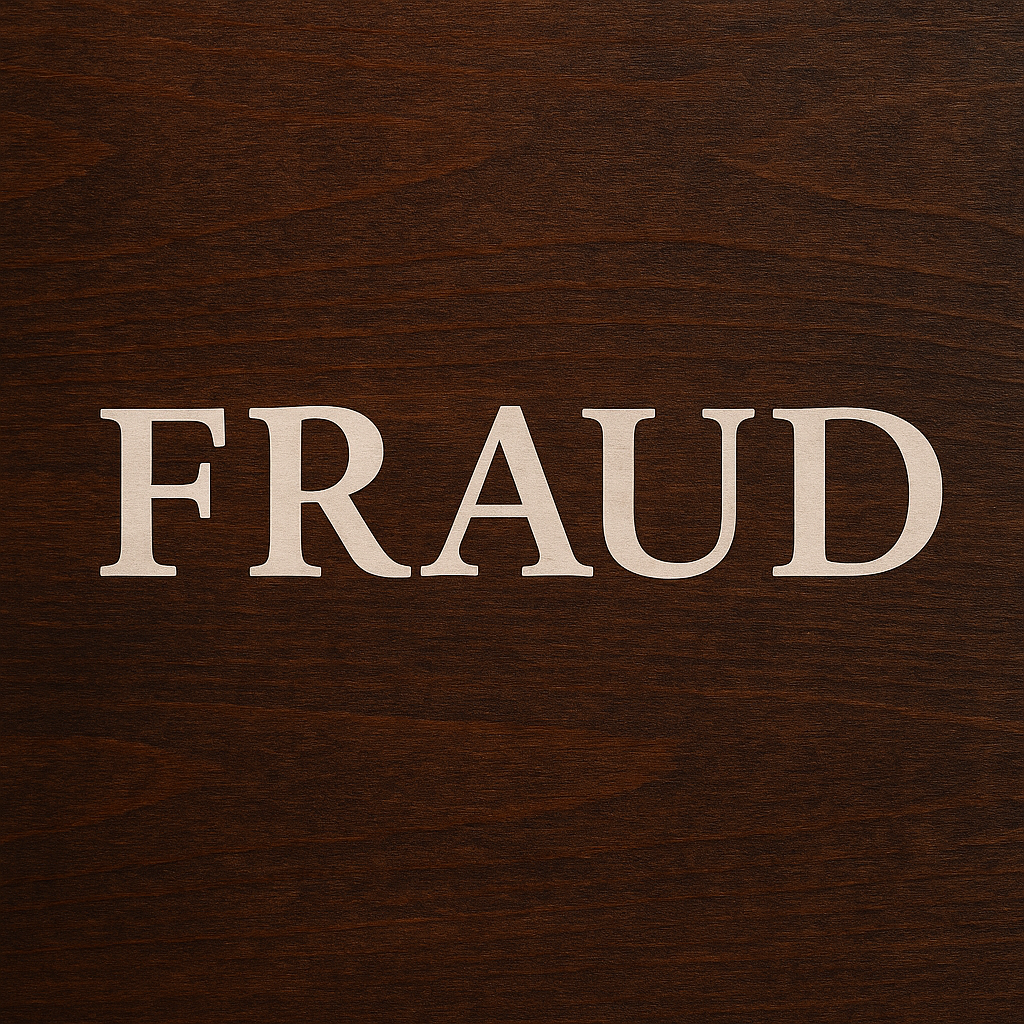
Fraud is one of the most powerful causes of action available under Texas law. When someone intentionally deceives another party in order to gain an unfair advantage, the legal system provides remedies for the injured party. Understanding the definition of fraud, the level of proof required, and the potential damages available is essential for anyone considering litigation in Texas.
Definition of Fraud in Texas
In Texas, fraud generally occurs when one party makes a material misrepresentation—either by false statement or by omission—with the intent that another party rely on it, and that reliance results in harm. The key elements usually include:
- A material representation was made;
- The representation was false;
- The speaker either knew it was false or made it recklessly without knowledge of its truth;
- The representation was made with the intent that it be acted upon;
- The party actually and justifiably relied on the representation; and
- The reliance caused injury.
Fraud claims can arise in many contexts, including business transactions, real estate deals, and even divorce proceedings where assets are concealed.
The Level of Proof Required
Fraud is not proven by a mere “preponderance of the evidence” like many civil claims. Instead, Texas courts require clear and convincing evidence. This is a higher legal standard that demands the evidence produce in the mind of the trier of fact a firm belief or conviction that the allegation is true.
This higher standard reflects the seriousness of accusing someone of intentional deception. It also means that fraud cases must be supported by strong, persuasive evidence—documents, witness testimony, or other tangible proof.
Potential Damages in Fraud Cases
If fraud is proven, Texas law allows for a range of remedies, including:
- Actual damages: Compensation for the financial loss directly caused by the fraud. This may include out-of-pocket damages or “benefit-of-the-bargain” damages, depending on the circumstances.
- Exemplary (punitive) damages: Because fraud is an intentional tort, a successful plaintiff may also recover punitive damages, designed to punish the wrongdoer and deter similar conduct in the future. Texas law caps punitive damages in most cases, but the amounts can still be substantial.
- Equitable remedies: In some cases, courts may rescind a contract induced by fraud or order other equitable relief to undo the harm caused.
The availability of punitive damages, in particular, makes fraud claims especially powerful when compared to many other civil causes of action.
Conclusion
Fraud is more than just a civil wrong—it is a deliberate act of deception that Texas law takes very seriously. While it requires a higher level of proof than many other claims, the potential remedies—including punitive damages—make it a significant tool for plaintiffs seeking justice. If you believe you have been the victim of fraud, consulting with a Texas attorney can help you determine whether the facts of your case meet the strict requirements for this cause of action.
At David C. Barsalou, Attorney at Law, PLLC, we help clients navigate business, family, tax, estate planning, and real estate matters ranging from document drafting to litigation with clarity and confidence. If you’d like guidance on your situation, schedule a consultation today. Call us at (713) 397-4678, email barsalou.law@gmail.com, or reach us through our Contact Page. We’re here to help you take the next step